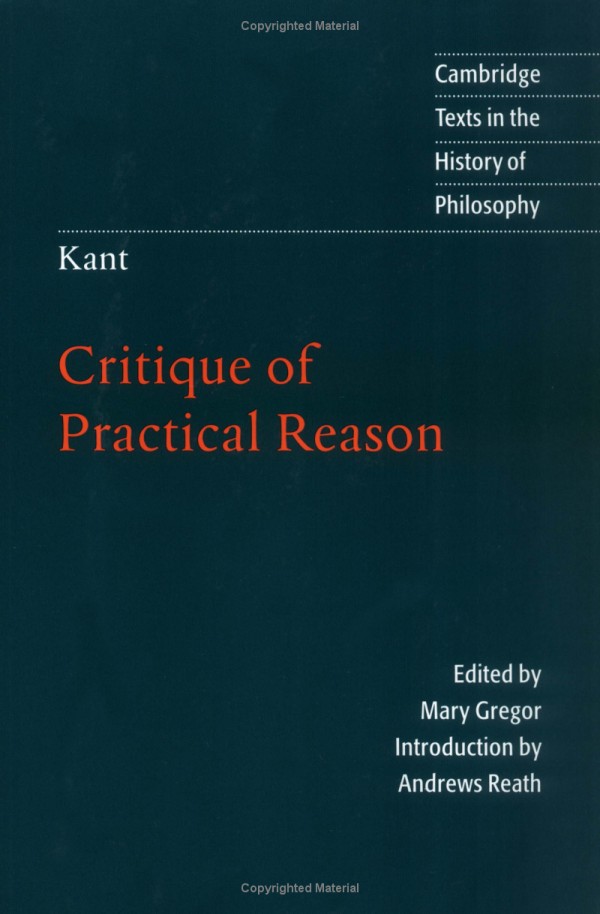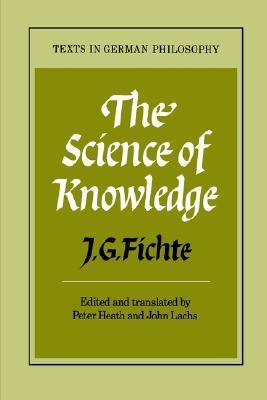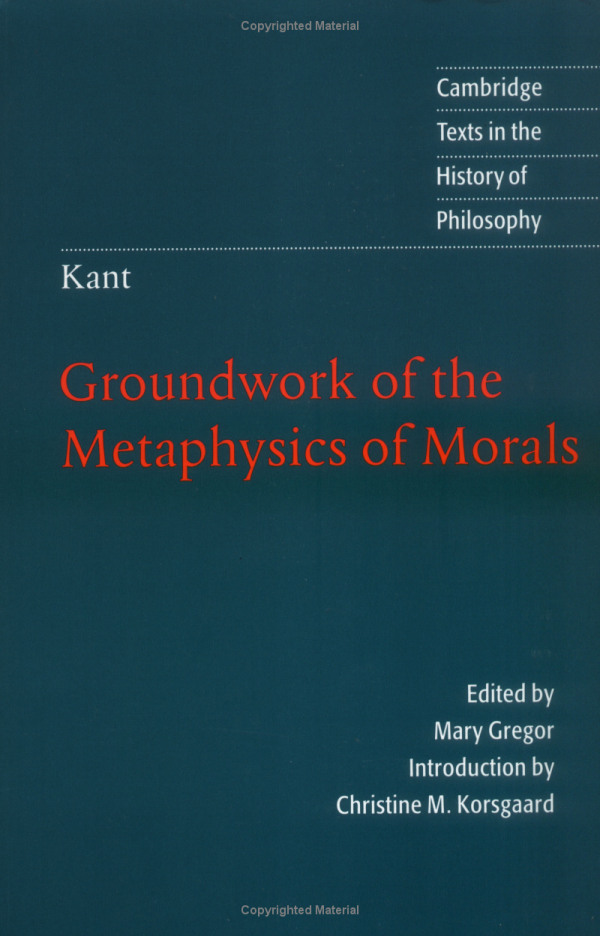
Critique of Pure Reason
Book Description
What if everything you know about reality is just a fragile illusion? In "Critique of Pure Reason," Immanuel Kant embarks on a daring intellectual quest that challenges the boundaries of human understanding. He grapples with the limits of knowledge, dissecting the clash between experience and reason. As the tension unfolds, the reader is thrust into a world where metaphysics battles against empirical thought. With each revelation, life’s deepest mysteries come into sharp focus, creating a pulse of urgency and existential wonder. Can we ever truly comprehend the universe, or are we forever bound by the chains of perception?
Quick Book Summary
Immanuel Kant’s "Critique of Pure Reason" is a foundational work in Western philosophy, exploring how we come to know and understand the world. Kant addresses the conflict between rationalist thinkers, who believe knowledge arises mainly from reason, and empiricists, who claim all knowledge comes from sensory experience. He introduces the idea that our minds structure experience through innate concepts and categories, giving us knowledge not only from experience but also prior to it (a priori knowledge). Kant calls this transformation a "Copernican revolution" in philosophy, suggesting that objects conform to our ways of seeing, not vice versa. Ultimately, Kant concludes that while we can attain knowledge of phenomena (things as they appear to us), we cannot access the noumenal world (things in themselves), setting firm boundaries on human reason.
Summary of Key Ideas
Table of Contents
Limits of Human Knowledge
Kant opens by addressing the longstanding debate between rationalism (knowledge from reason) and empiricism (knowledge from experience). He recognizes the merits of both, but argues that pure reason alone cannot offer concrete knowledge of the world, nor can sensory data be understood without the active contribution of the mind. This sets the stage for his investigation into the conditions that make knowledge possible, asking whether metaphysics—understood as knowledge of things beyond experience—is even attainable.
Distinction Between Phenomena and Noumena
A central innovation is Kant's distinction between phenomena and noumena. Phenomena are the appearances of things as structured by our senses and cognition; noumena are the "things-in-themselves" which exist independently of our perception. Kant contends that our knowledge is strictly limited to phenomena, because everything we know is filtered through our sensory and cognitive faculties. Attempts to know noumena are fruitless, as reason cannot reach beyond the bounds of experience.
Synthetic A Priori Judgments
Kant introduces the concept of synthetic a priori judgments—statements that are informative about the world (synthetic) but known independently of experience (a priori). He argues these judgments are possible, using examples like mathematics and fundamental laws of science. This insight reshapes the understanding of how scientific and metaphysical knowledge can have necessity and universality, yet still pertain to the structure of human cognition rather than the world-in-itself.
The Function of Categories and Intuitions
Kant’s "categories of understanding" are basic conceptual lenses (such as causality and substance) through which the mind organizes sensory input. These categories are not learned, but part of the mind’s innate structure, enabling coherent experience. Similarly, "forms of intuition" (space and time) frame all possible objects of perception. He claims these frameworks are essential for meaningful knowledge claims, thus the mind actively shapes experience rather than passively recording sensory impressions.
The Nature and Boundaries of Metaphysics
Ultimately, Kant redefines metaphysics by limiting it to the investigation of how experience is structured, rather than speculating about the ultimate substance of reality. He asserts that pure reason has boundaries; transcending them leads to contradictions and illusions. Through this critical project, Kant offers a new foundation for philosophy and science. His "Copernican revolution" asserts that our knowledge is constrained by the nature of human cognition, leading to humility about our ability to know things as they truly are, and establishing a lasting influence on subsequent thought.
Download This Summary
Get a free PDF of this summary instantly — no email required.





